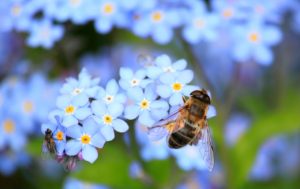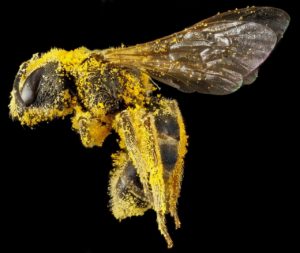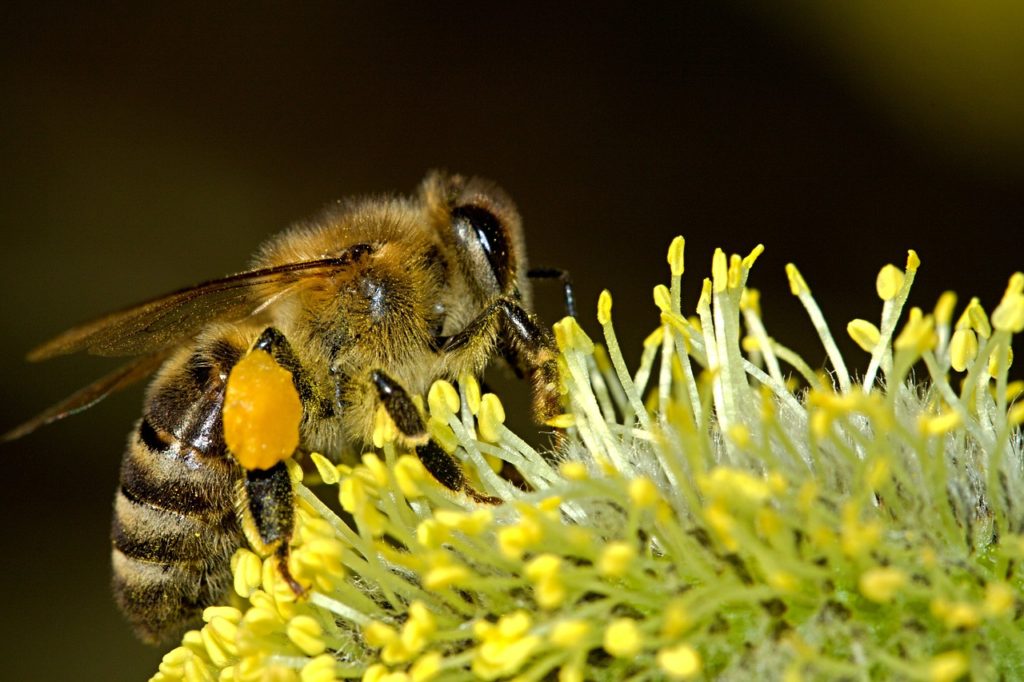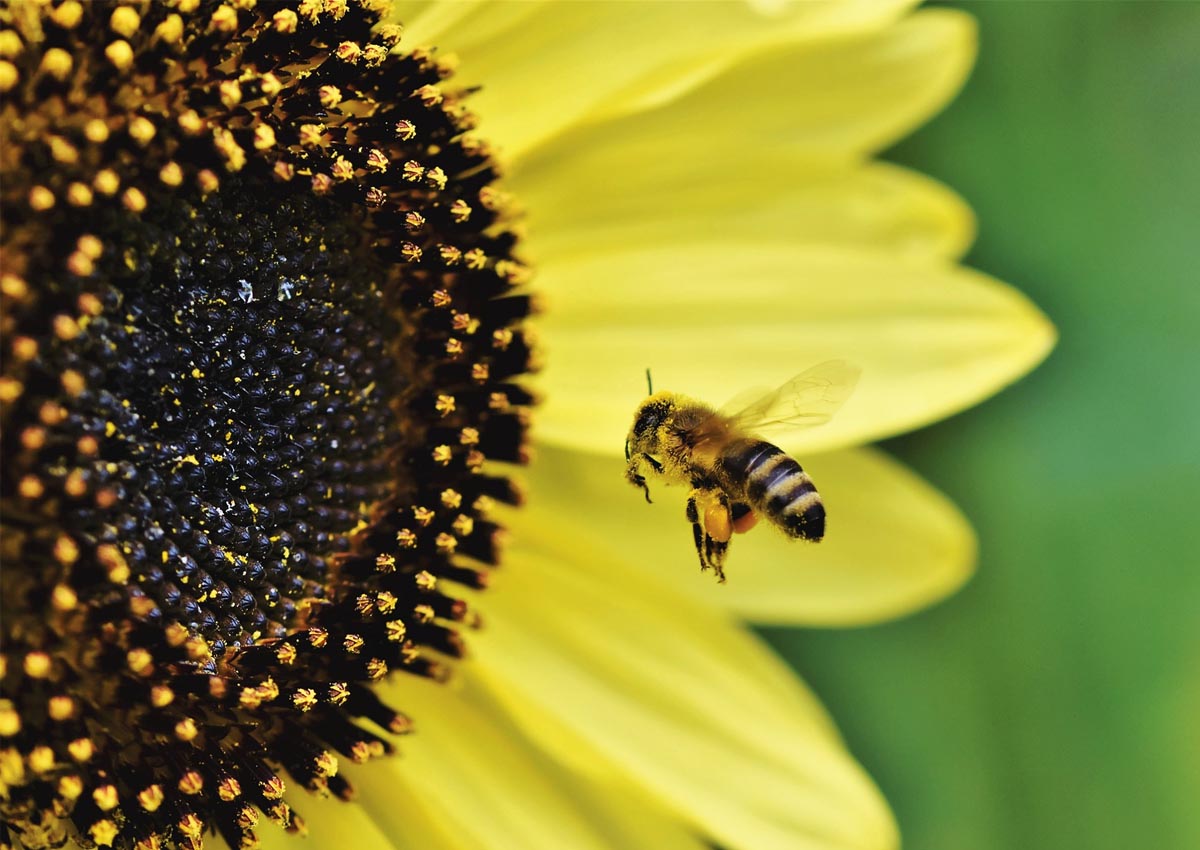Humanity’s existence and food security may just depend on the survival of pollinators such as bees.

World Bee Day is celebrated on May 20 every year. The purpose of the international day is to create awareness about the crucial role of bees and other pollinators play in the ecosystem. Every year on this day, people around the world celebrate the importance of preserving honey bees and all other pollinators.
Bees and other pollinators, such as butterflies, bats and hummingbirds, are increasingly threatened by human activities.
Bees are considered to be an indicator species for all pollinators. Although many believe that If bees disappeared off the face of the planet, humanity would have less than four years left to live. This is incorrectly attributed to Einstein, and although it seems plausible enough, there is no proof he said this.
Beryl Wilson, a zoologist and conservation biologist and Head of Zoology Department at the McGregor Museum in Kimberley, says: “Bees, their numbers and diversity reflect certain environmental conditions and aids in gauging the health of ecosystems. When their numbers decline it means there are environmental problems. Most commonly these include habitat change, the use of deadly pesticides, the deliberate or accidental invasion of alien vegetation in the area.”
While bees are not the only pollinators they are by far the best for the job. This is in part because they depend on pollen to feed their larvae, so they’re biologically motivated to collect pollen. While other pollinators visit flowers only for their nectar, and any pollen that sticks to them is a happy accident.
And yes, the “fluffy” parts are ideally designed and positioned on a bee’s body to optimise the collection and transfer of pollen, Wilson says.

You can do more for bees
The best way to help local honey bees is to give them alternative habitats in our urban setting:
Individuals:
- Create a bee-friendly space – even a window container or potted plants will do;
- Plant a bee-friendly garden, with plants that attract pollinators such as basil, sage, thyme, lavender, watermelons, cucumbers and pumpkin;
- Use indigenous trees that will offer bees a snack, such as African teak, African Wattle and Apple leaf;
- Support local farms for your raw honey;
- Be conscious of the pesticides you use and where you buy them;
- Use of ecological pesticides that will not harm pollinators;
- Support sustainable agricultural practices;
- Avoid pesticides, fungicides or herbicides in our gardens;
- Protect wild bee colonies when possible;
- Sponsor a hive;
- Create a bee water fountain by leaving a water bowl outside;
- Help sustain forest ecosystems;
- Raise awareness around us by sharing this information within our communities and networks; The decline of bees affects us all!
Beekeepers:
- Reduce, or change the usage of pesticides;
- Diversify crops as much as possible, and/or planting attractive crops around the field;
- Create hedgerows.
Governments and decision-makers:
- Strengthen the participation of local communities in decision-making, in particular, that of indigenous people, who know and respect ecosystems and biodiversity;
- Enforce strategic measures, including monetary incentives to help change;
- Increase collaboration between national and international organizations, organizations and academic and research networks to monitor and evaluate pollination services.

